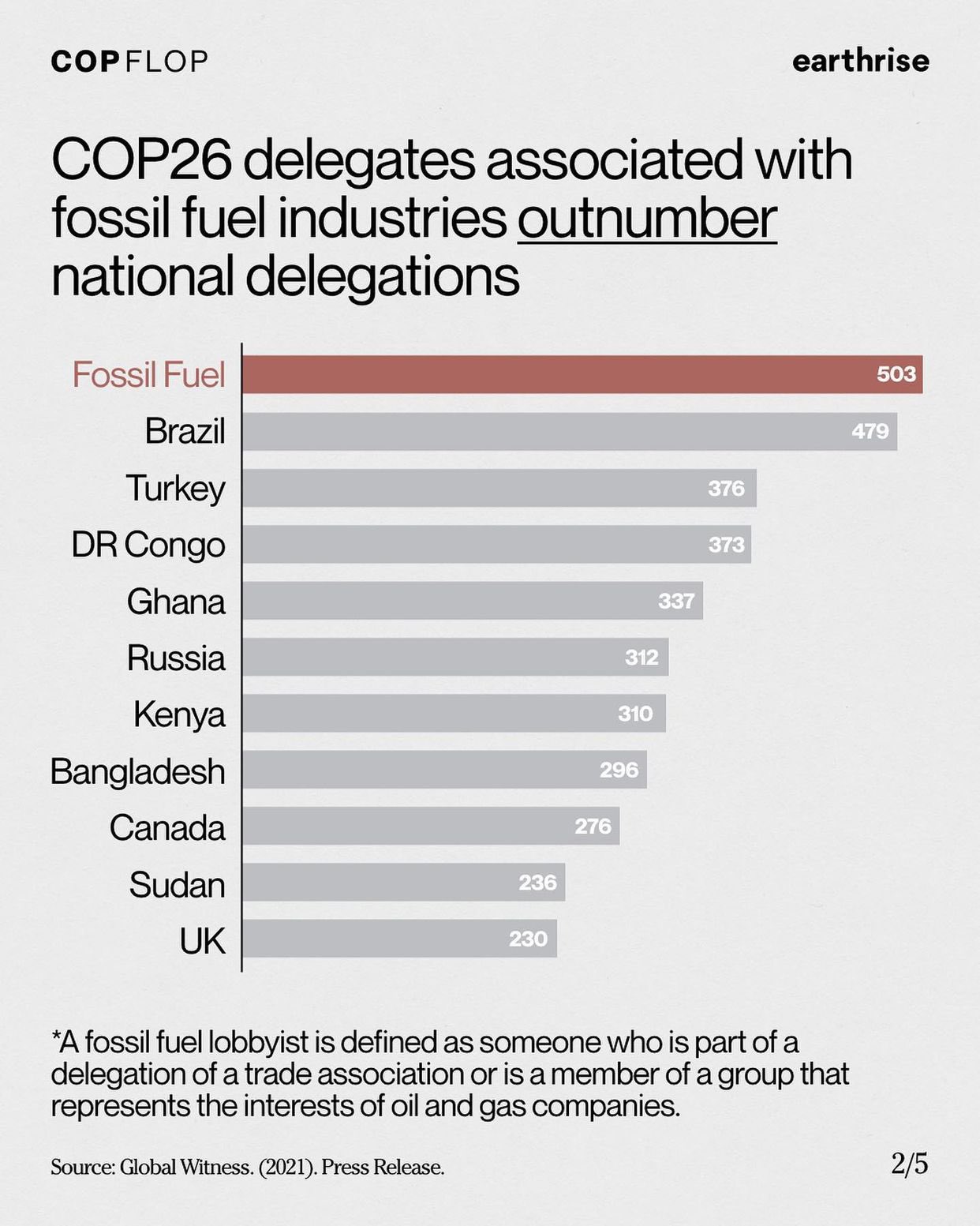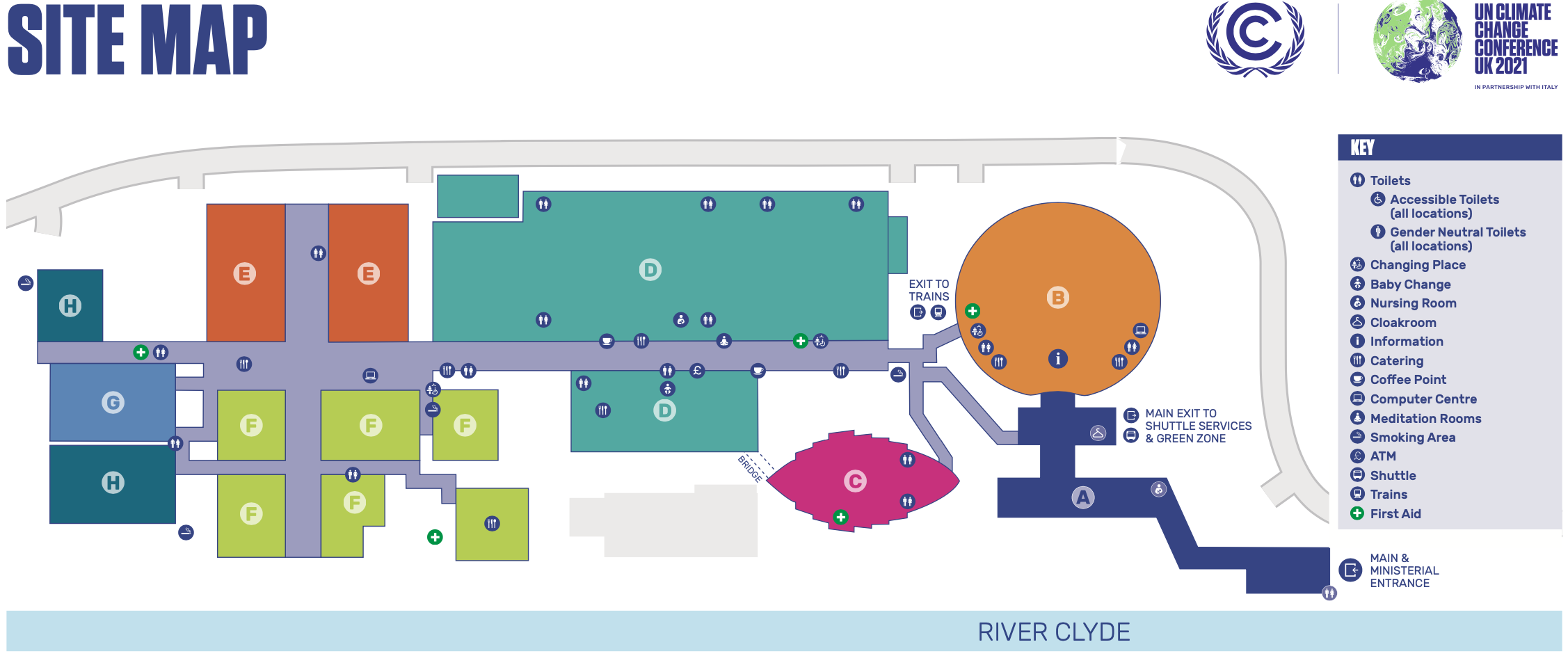Today was the day I entered the Blue Zone. I got up early, which payed off, because I had a really smooth transition through the check-in, which was not possible soon after anymore. I had a coffee and then met the first other person of our delegation. I call them Bee, they were much more organised and oriented (though also firstie), which was my blessing, because I was able to just follow them and still checking the venue.

I coincidentally met a fellow activist from Germany during breakfast and after having a walk through the pavilions of the Nations (and some coalitions, I would say), we went to the first major session, the summary of week one, with our senior delegate Kay (i.e. the person staying both weeks). So, we met with Kay in the queue for the official summary by the COP President & Chairs of Subsidiaries, followed by a discussion of the parties.

And this was the best that could happen to me, because I got a solid idea about how the whole system works. Here are my observations:
Quick positioning of the plenary – roughly half of the plenary were the representatives of the Nations or Parties, how they call themselves, the other half was filled with what I guess they call “Inter-Governmental Organizations”; all these abbreviations, UNXYZ, UNA, CCCCC, CCETC, ETC. The very last row were the main delegates of the observing NGOs, including one voice for Research & Independent NGO’s (RINGO), one for Youth, one for Industry, one for Farmers, one for Women, one for Indigenous People, many I surely forgot. After a long introductory summary of the last week with a proposal of how to proceed from the President, Alok Sharma from UK, and the other Chairs, some Parties raised their voice. The whole thing ended with every observing NGO representation having 2 mins for a statement.
The first Party to comment on the report from the board was Guinea, which is the current chair of the G77 group: The G77 group, originally named after the number of founding members, basically represents the Parties we would generally consider “Global South” or “the developing world” and currently consists of 134 member Parties. They call themselves “G77 and China”, because China doesn’t consider itself part of it, while the G77 does, so that’s the arrangement they have. You can see where this is going. The G77+C contrasts the North-Western OECD, the North-Eastern CISFTA, and the Council of Europe. Interestingly, almost all parties that spoke positioned themselves within G77+C. Exclusions were Switzerland (also talking for independent Parties with “developing” character, I didn’t really get it, but Switzerland is doing Switzerland things), and Georgia, which was already mentioned in the presidential report as “your concerns/remarks/complaints were heard”, which didn’t stop the delegate from articulating it once more (and I still didn’t get it, but I guess that’s okay).
So, the division between the “developed world” and the “developing world” how they call it here, is very stark. It’s obvious. Guinea, as the chair of G77+C, found really harsh words on what the Presidency & Chairs provided. After the President closed the call for voices, the NGO’s had their 2 mins. The Youth started, sharing it to 2 girls, one positioned in the developing world and on in the developed, then came the industry (yep. industry as second. yep. middle-aged white academic man. yep.) and from there on it was what I could consider the “encore”, because I at least agreed with all they said, basically what the Youth said from their perspective.
Here are the main contents:
- The money thingy. As I understood, the 100 billion goal is not reached, so the G77+C countries all basically all mentioned that they want the money from the developed world. In different styles. The Macker award (read as “least constructive”) goes to Saudi Arabia.
- Article 6 of the Paris agreement, basically dealing with the trade of emission certificates. Some nations really set on the strategy to just buy their net-neutrality in the developing world and the particular rules of that trade don’t seem to be clear yet; as I understood, even double-counting in the country that sells and the country that buys is possible under certain circumstances? Well, you get it, carbon is the new currency. Some other Articles were mentioned, 2 for example, but I have no clue what it’s about. But you get the hang of it, some details are to be discussed.
- Loss & Damage. Also in monetary units, so basically compensations and insurances is what the G77+C Parties demand.
- Climate Justice. People Power. But practically only in the last part of the meeting.
Lunch after that. Checking in with my fellow delegates. Chit-chat about our institutes. After that, I left them and basically stayed the rest of the day alone. I roamed around, got a hang of the flow and attended an event in the “Action Zone” about Governance. 3 or 4 Panels and an interactive story-telling by the audience, guided by a remote science fiction author, Malka Older.

One idea particularly resonated from the panels: Easily replicable small structures that can form plurality can give resilience. Governance is best organised bottom-up. It’s a matter of creativity – foreseeing the future is shaping the future. And follow Passy on Twitter, an eco activist from Kenya: @p_amayoO.
After that, I had enough for my day 1. I left the venue and met a beautiful protest outside. That immediately lifted my mood.

And this is the moment I can’t hide anymore that my camera’s protecting glass has the Spiderman app (“at least not the screen” is what I keep telling me):

Unfortunately, though, I learned today that the Fossil Fuel delegation is stronger than any national delegation.

Well, we’re really trying to make them regretting the effort – the panel on governance was disturbed by climate protester calls:
“What do we want?” – “CLIMATE JUSTICE!” – “When do we want it?” – “NOW!!!”
We’re there. We’re within their sanctuaries. The Old Power can’t hide anymore. The New Power is omnipresent. It’s the People.
The Old Power is yet to be removed from the streets.

I ended the day with a panel discussion on occupations and autonomous zones in Europe at the COP26 Coalition, today in a cinema. Daily Dose of Climate Justice.

More to follow.
Appendix (added afterwards)
There are a few things I forgot to mention. Here is a collection of thoughts I managed to recall.
- About the composition of my first event: Behind every delegate was a seat for a deputy and the back of the room was filled with random observers who were able to get a space. It were not that many. A little more than 1 000 in total, maybe (wild guess).
- A former President of the US&A was the special guest yesterday; the one under whom the Paris Agreement (2015) was signed. I have no clue what’s the justification of having a single Party’s former president as a panel speaker, when the resulting panel is the only ticketed event of the day, accessible only to the groups with a table seat.
- The food is measured in carbon footprint as well. Nice idea, but a little useless, when still like 60% of the food is meat (or at least animalproduct) based. And it’s delivered in paper boxes – like wth?! This is the very event where there should be no discussion about fully plant-based resourcing and maximal waste reduction. Such behaviour neglects the systematic responsibility of the change we undiscussibly need. Direly. At least the coffee cups are reusable. And of course, everything is quite expensive.
- I forgot one important thing about the main contents of event 1: the Parties are working on a concluding statement of the conference, despite all expectations. The Paris Agreement is the most prominent of these concluding statements. They call it differently, but whatever. Let’s see.
- I also want to reflect on the notion of “G77+C” – China is present here only with corporate representation and apart from that is represented through every statement of the G77+C group. Without judging it, I think it tells all about how the Chinese government values this meeting – all they publicly add is the advertisement of their corporates and besides that, they just do their thing. I certainly believe the fact that G77 agrees to acknowledge China’s special position is through money. It makes me assume that they are paying their fair share to the “developing world” (or at least more than the “developed world” present here) and apart from that see no need to participate in the specific details and hollow words of the present discussions.





















